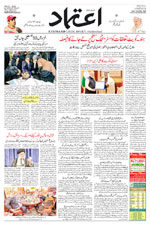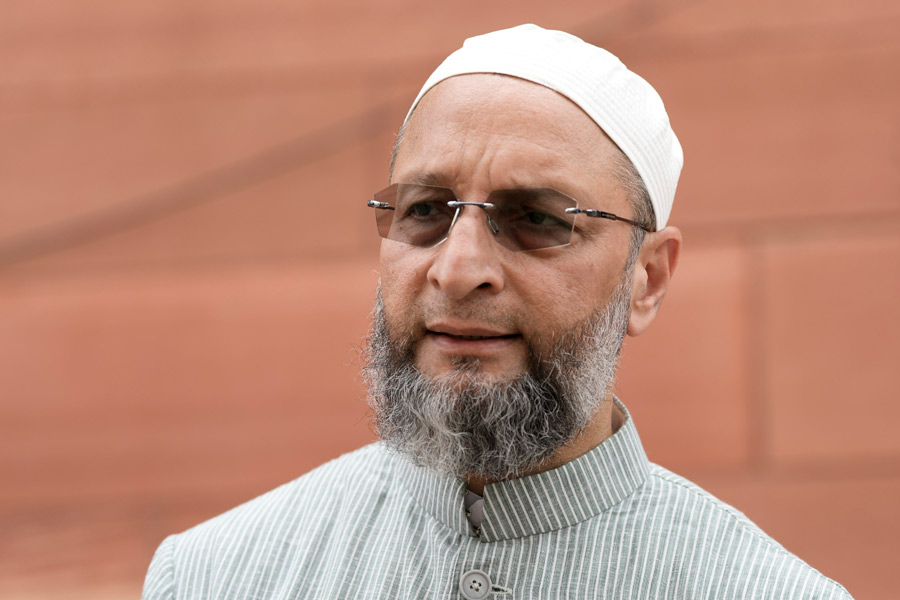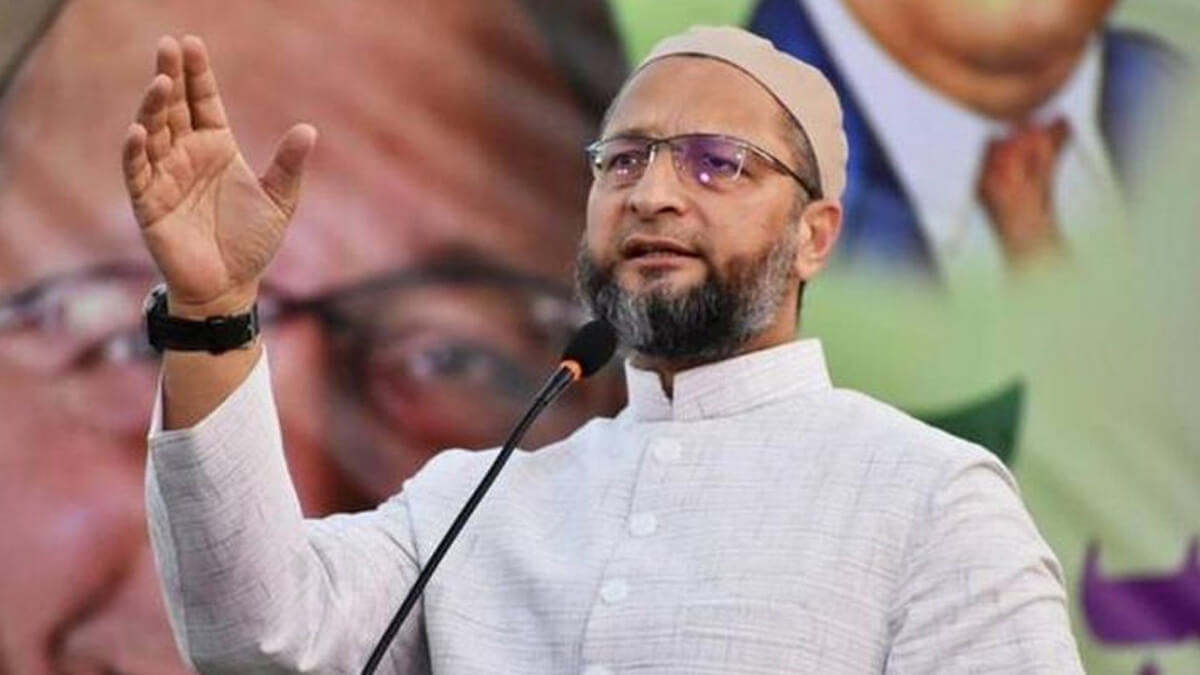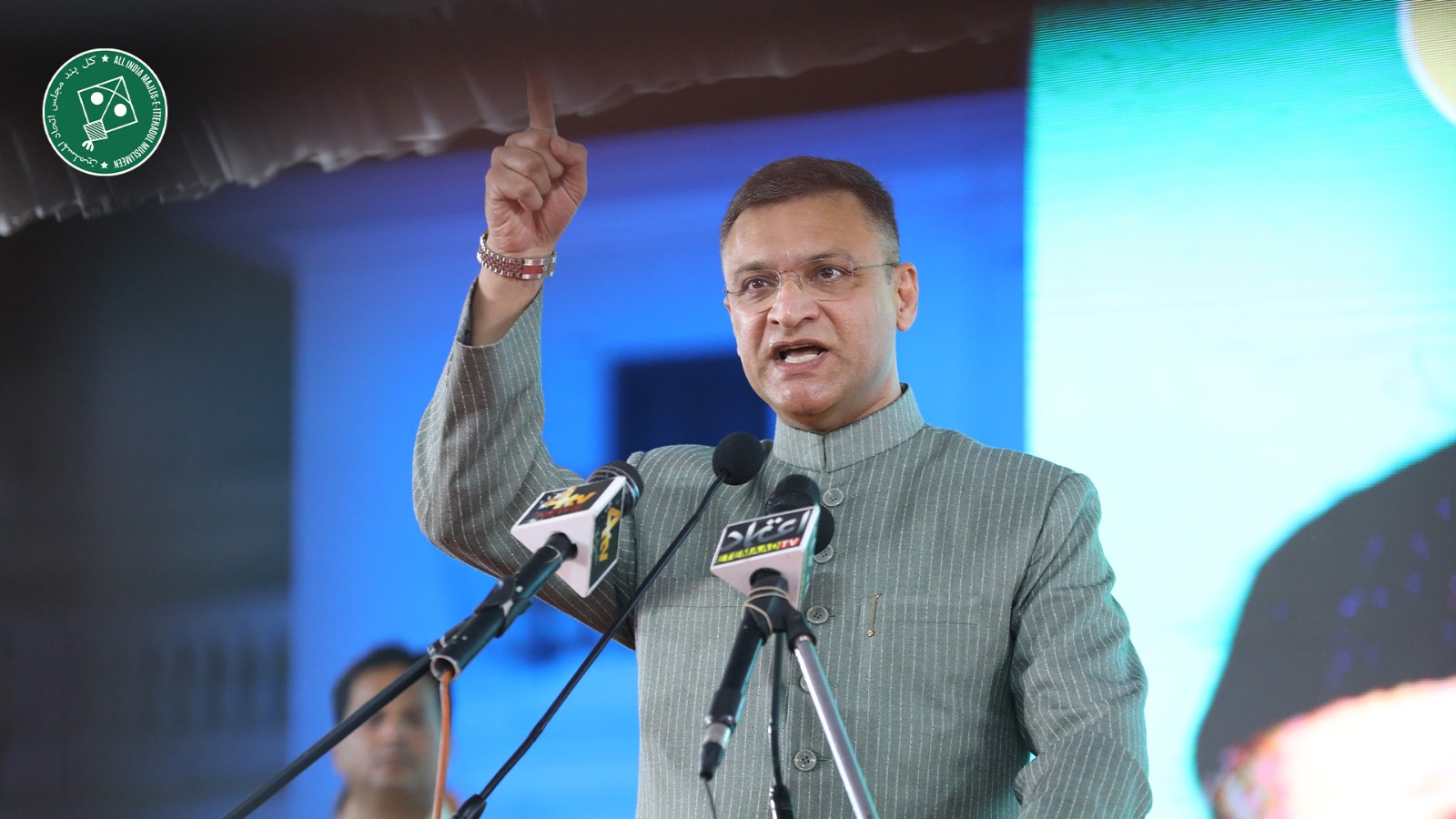Facebook CEO Mark Zuckerberg calls for internet regulation
Sun 31 Mar 2019, 12:22:10
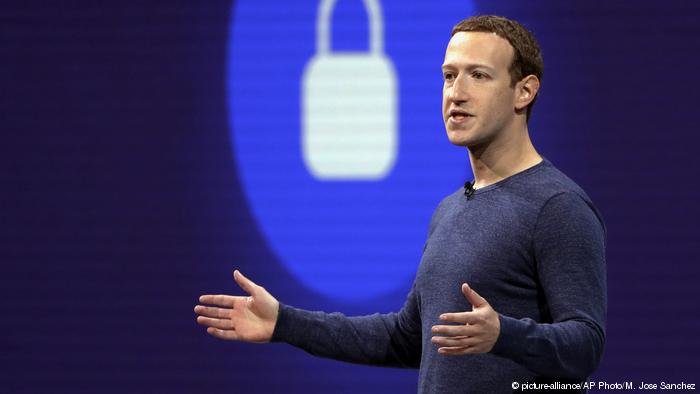
Mark Zuckerberg wants better internet regulation for "harmful content, election integrity, privacy and data portability." It comes after Facebook faced criticism over a deadly attack being live-streamed on Facebook.
Facebook founder and chief executive Mark Zuckerberg on Sunday called for governments and regulators to play a bigger rule in the regulation of the internet.
In an opinion piece published in newspapers including Germany's Frankfurter Allgemeine, the Washington Post, Ireland's Sunday Independent, and France's Journal de Dimanche, Zuckerberg outlined four areas in need of regulation: "harmful content, election integrity, privacy and data portability."
"Technology is a major part of our lives, and companies such as Facebook have immense responsibilities," he wrote. "Every day, we make decisions about what speech is harmful, what constitutes political advertising, and how to prevent sophisticated cyber attacks."
Read more: Why you should think twice about giving Facebook your mobile number
Facebook has 'too much power over speech'
"Lawmakers often tell me we have too much power over speech, and frankly I agree," Zuckerberg said.
He added that Facebook "shouldn't make so many important decisions about speech on our own" and that it had prompted Facebook to create an independent body to allow people could appeal its
decisions.
decisions.
Zuckerberg also said all major internet services should issue a quarterly report on its success in removing harmful content and new legislation should be introduced for protecting elections.
'Common global network' needed
Zuckerberg said he believes "a common global framework — rather than regulation that varies significantly by country and state — will ensure that the internet does not get fractured, entrepreneurs can build products that serve everyone, and everyone gets the same protections," he wrote.
Facebook experienced harsh criticism this month following a deadly attack on two mosques in Christchurch, New Zealand, during which the attacker live-streamed the events on Facebook.
Facebook said the video was viewed fewer than 200 times during the live broadcast and about 4,000 times in total before being removed.
Read more: 15 years on, is it time to #DeleteFacebook?
According to Facebook, 1.5 million versions of the video were removed during the first 24 hours, but Ardern expressed frustration that the footage could still be found online four days later.
On Wednesday the social media giant said it would ban content supporting white nationalism and white separatism on both Facebook and Instagram and on Thursday it said it had introduced stricter rules on advertising in the run-up to European Parliament elections in May.
No Comments For This Post, Be first to write a Comment.
Most viewed from Hyderabad
Most viewed from World
AIMIM News
Owaisi hails SC order on Places of Worship Act
Dec 13, 2024
AAP Corporator Tahir Hussain joins AIMIM party
Dec 11, 2024
BJP-SP two sides of same coin: Asaduddin Owaisi
Nov 19, 2024
Latest Urdu News
Most Viewed
May 26, 2020
Do you think AAP will perform better in Delhi polls without alliance?
Latest Videos View All
Like Us
Home
About Us
Advertise With Us
All Polls
Epaper Archives
Privacy Policy
Contact Us
Download Etemaad App
© 2024 Etemaad Daily News, All Rights Reserved.

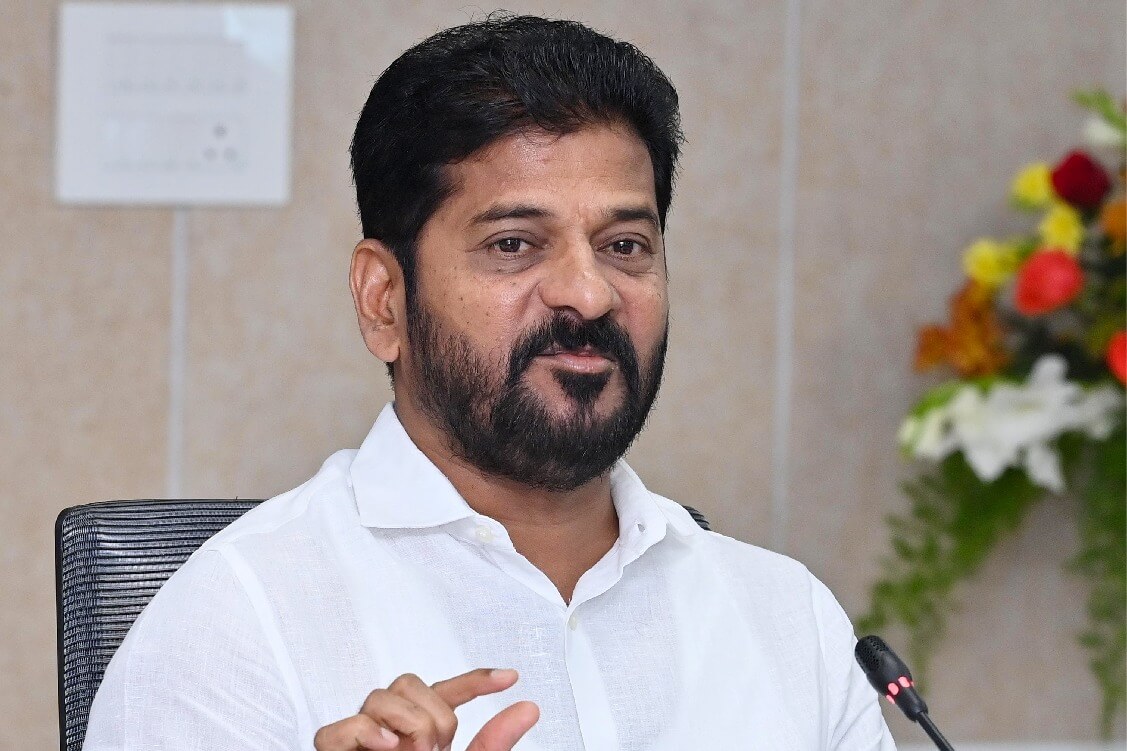

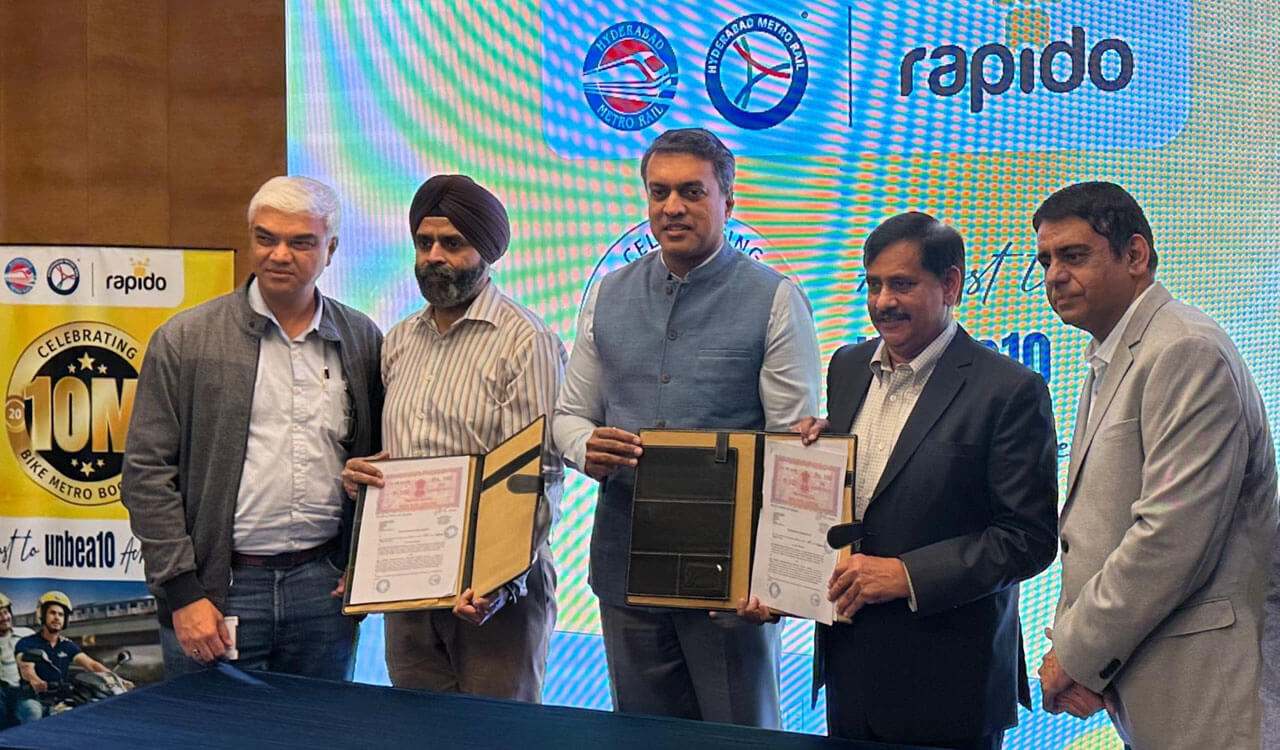
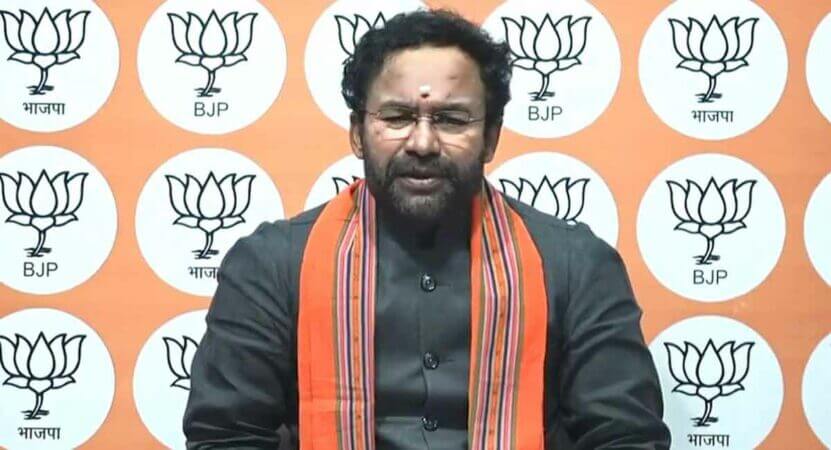
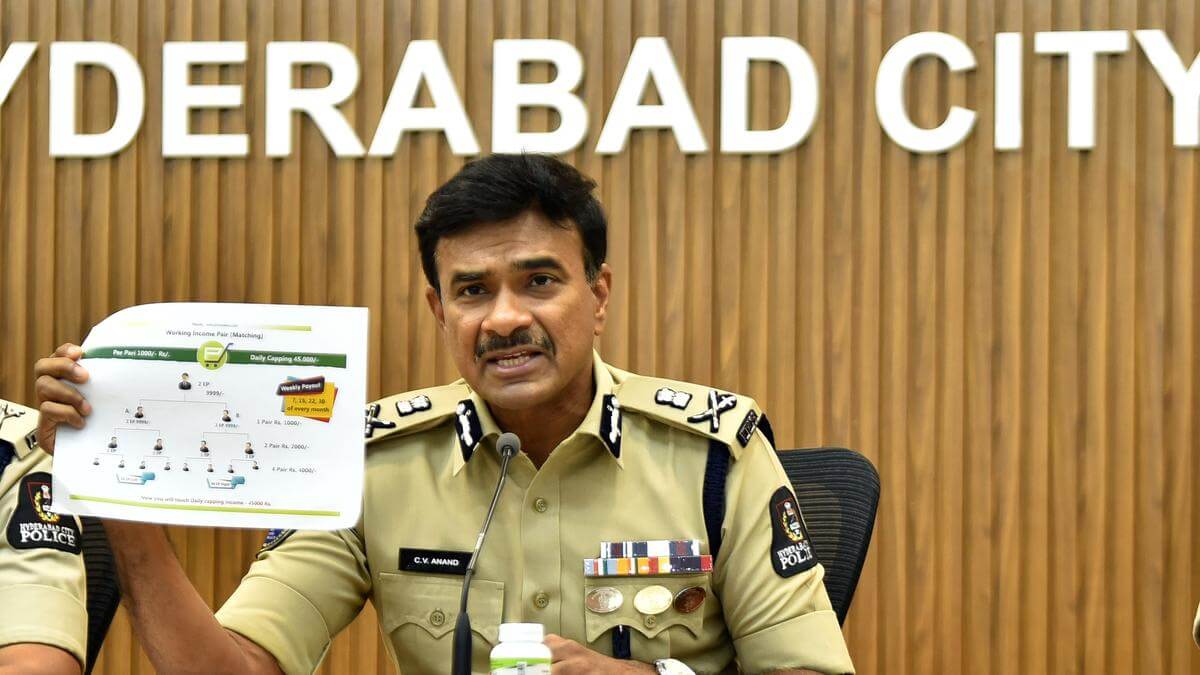
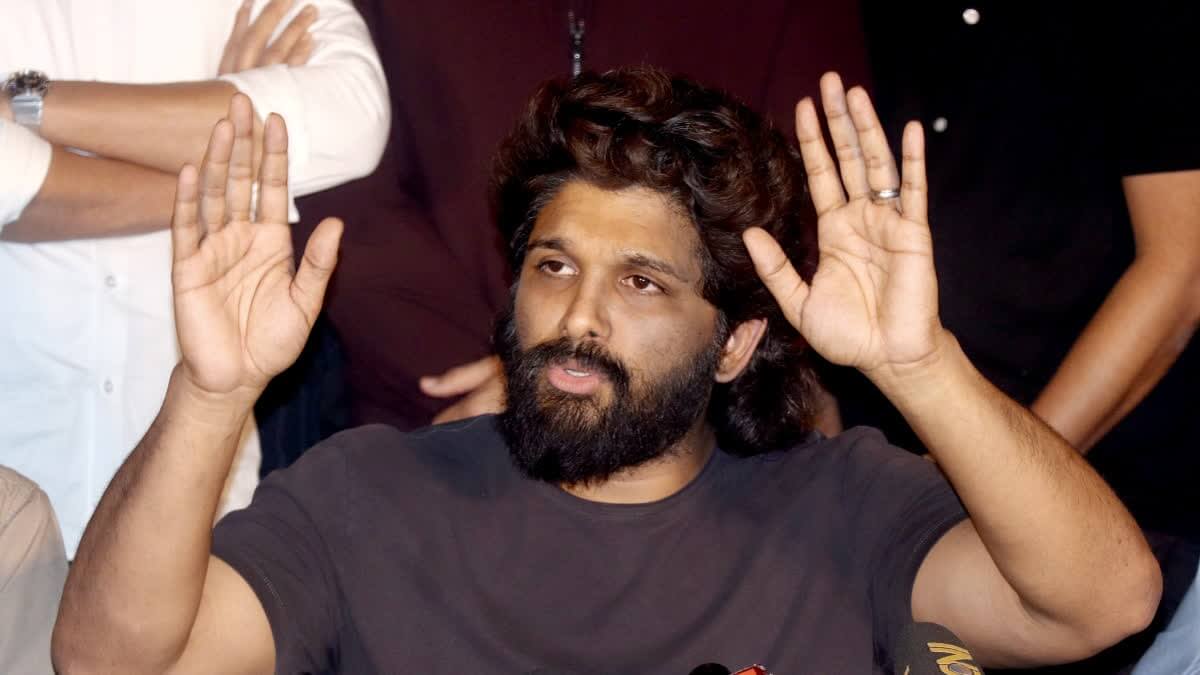
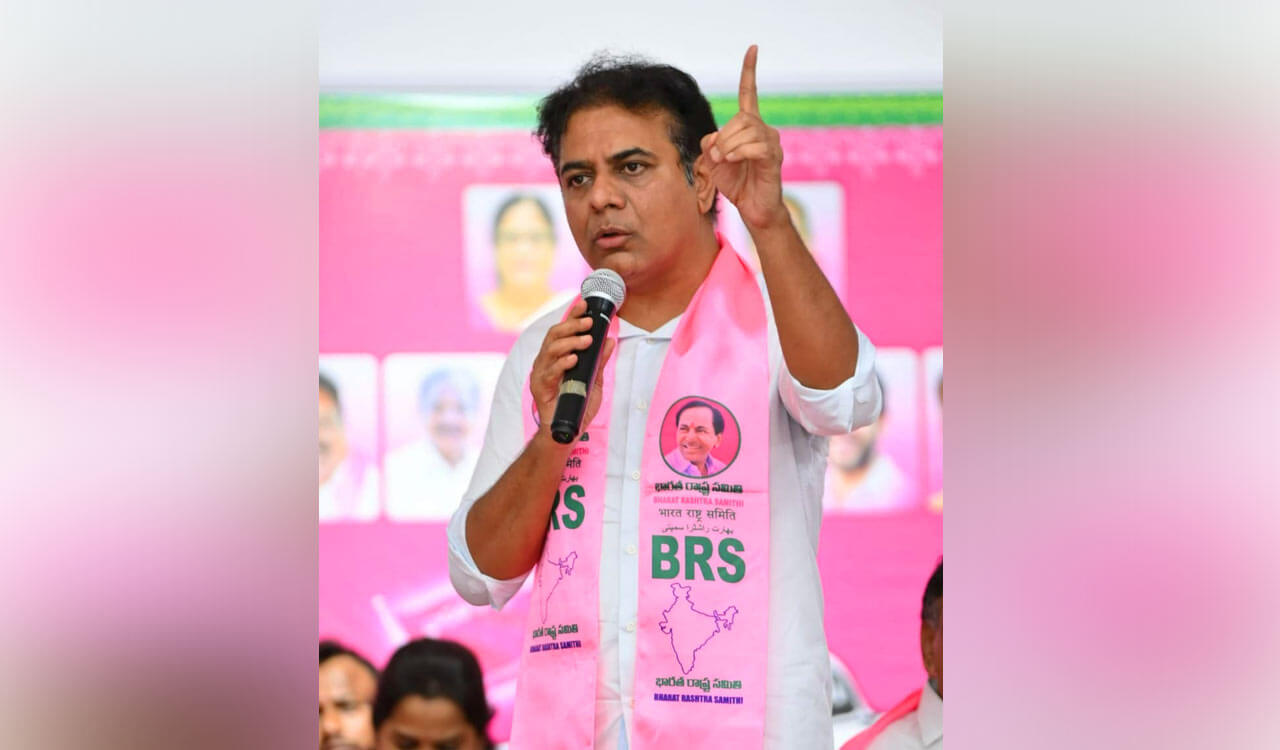
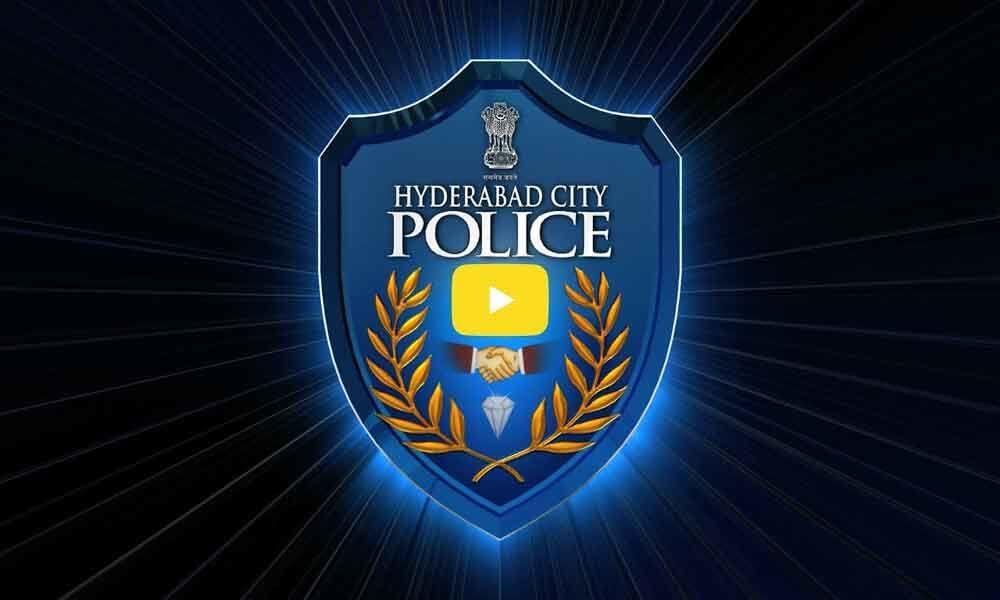
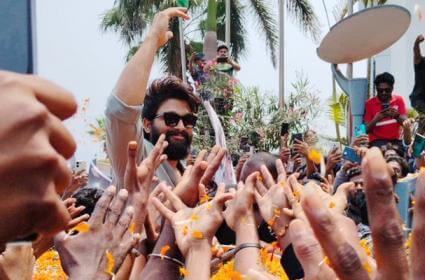
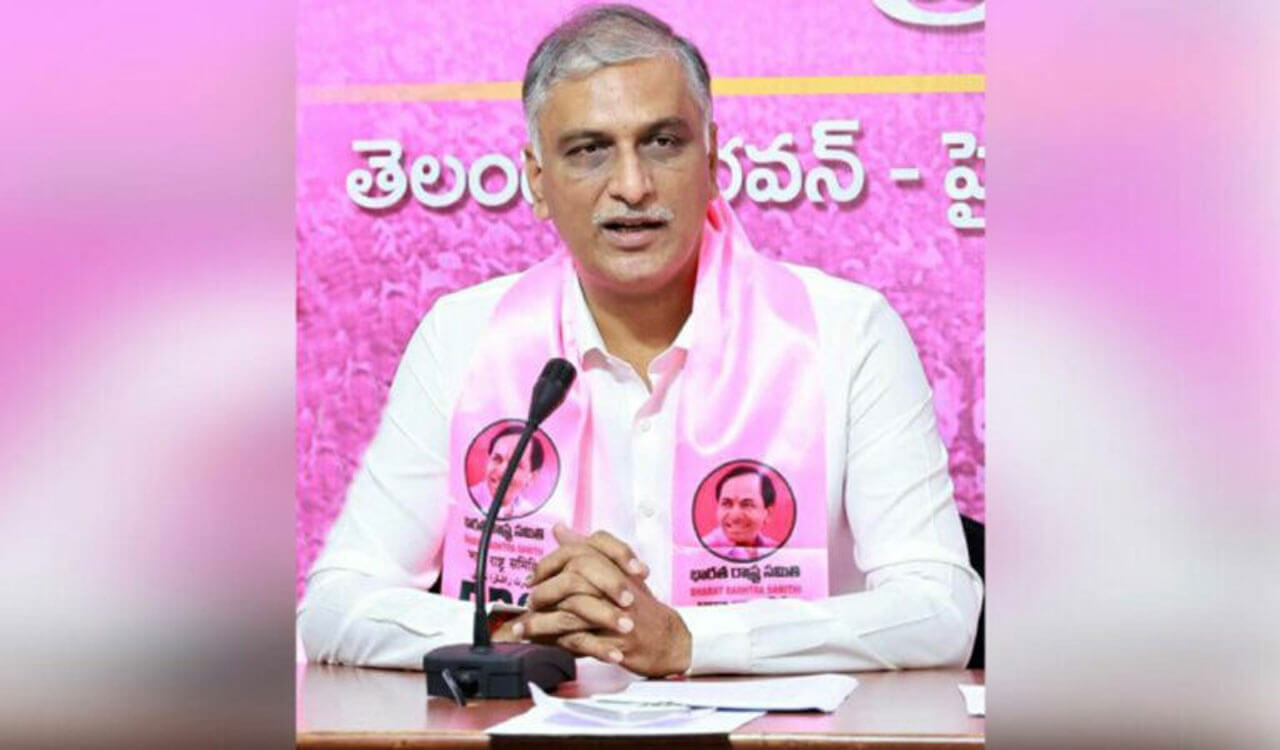

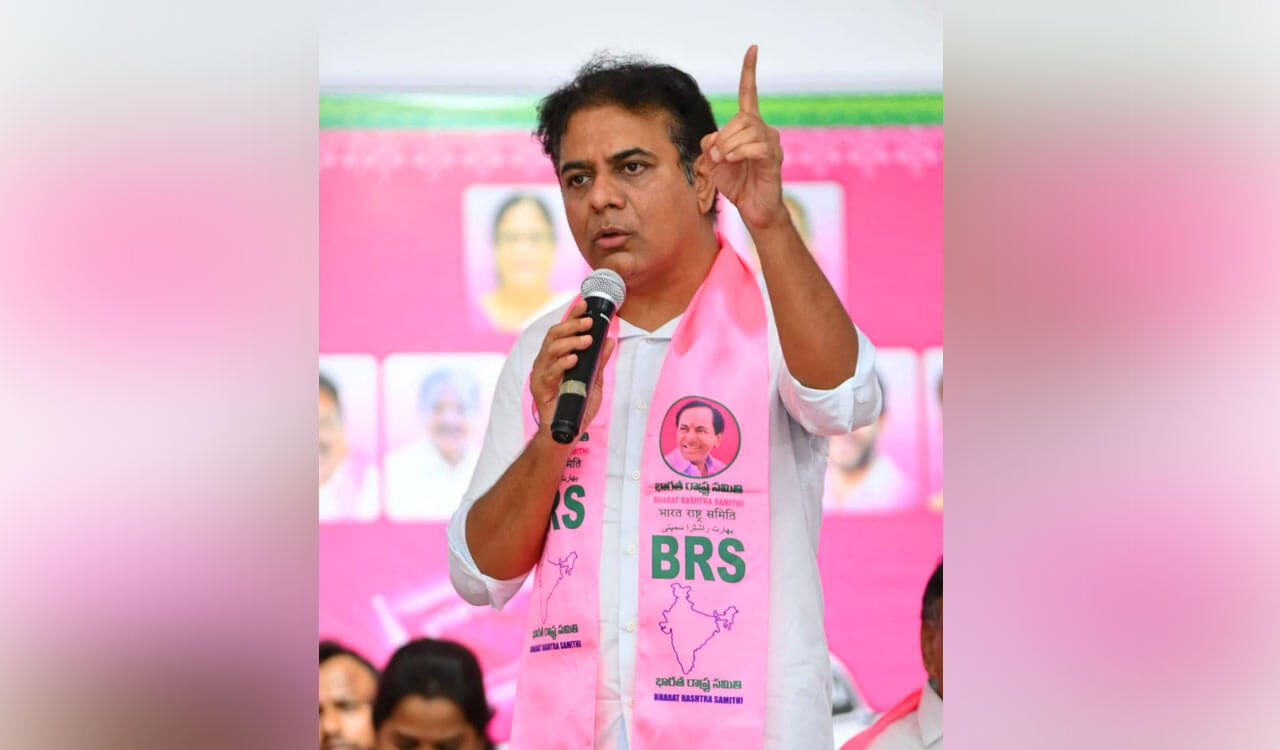
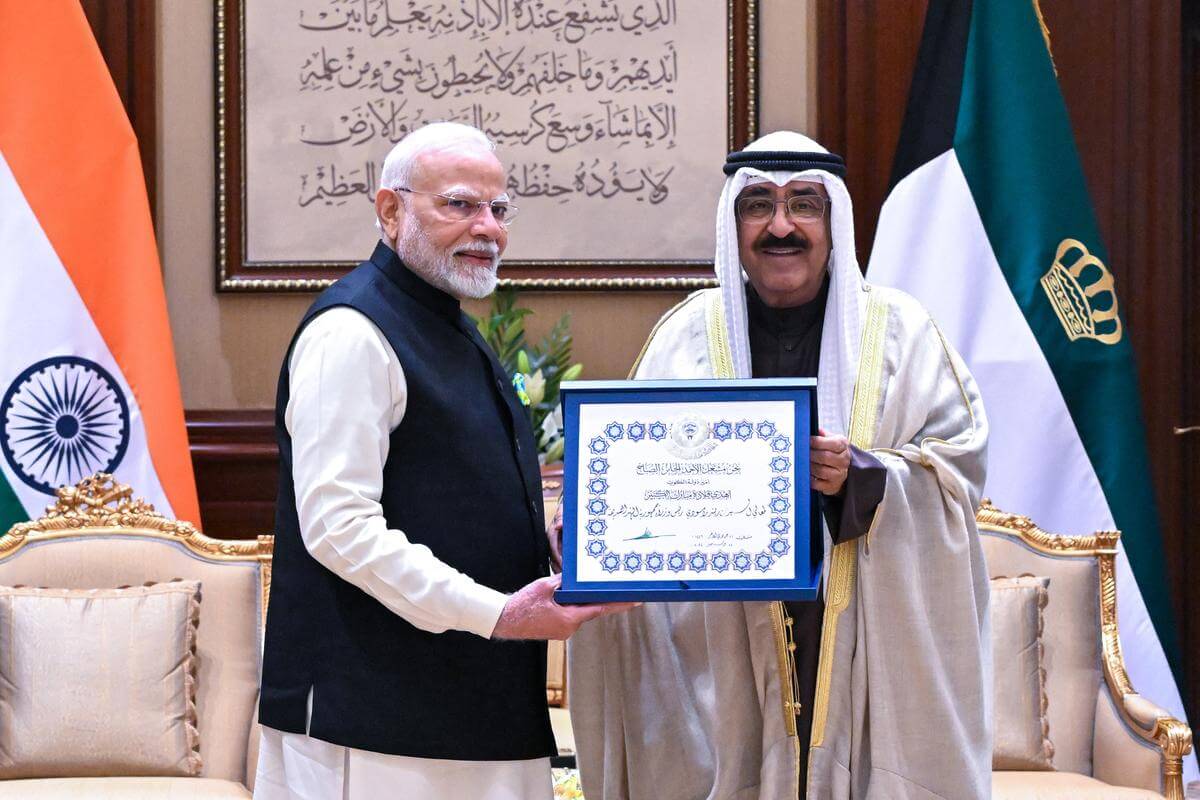
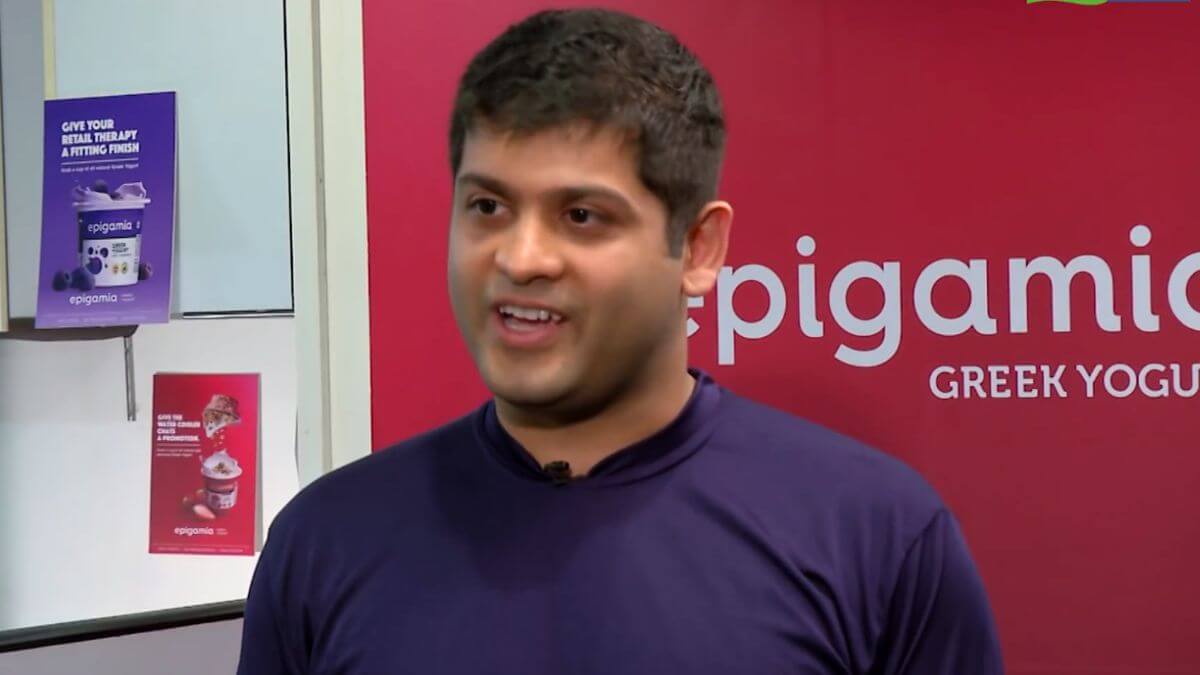
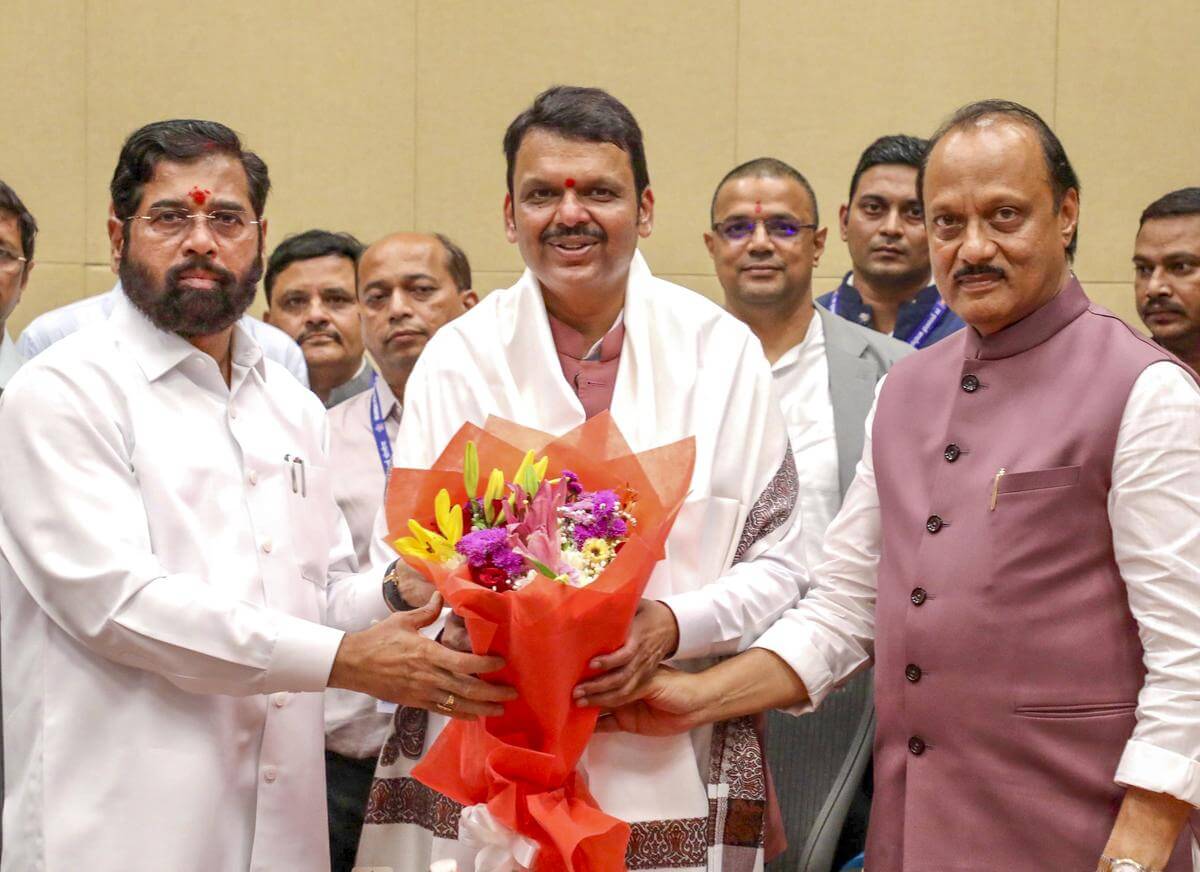
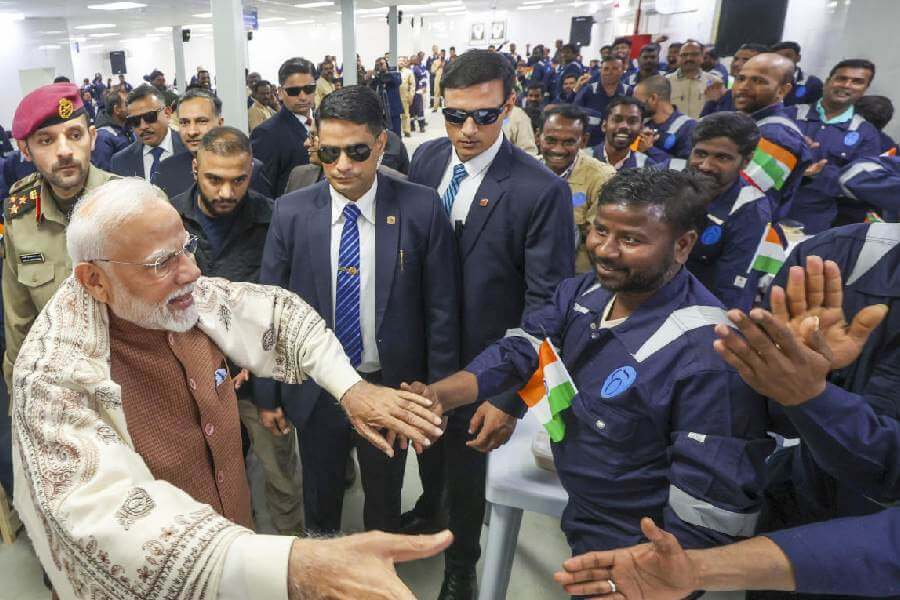
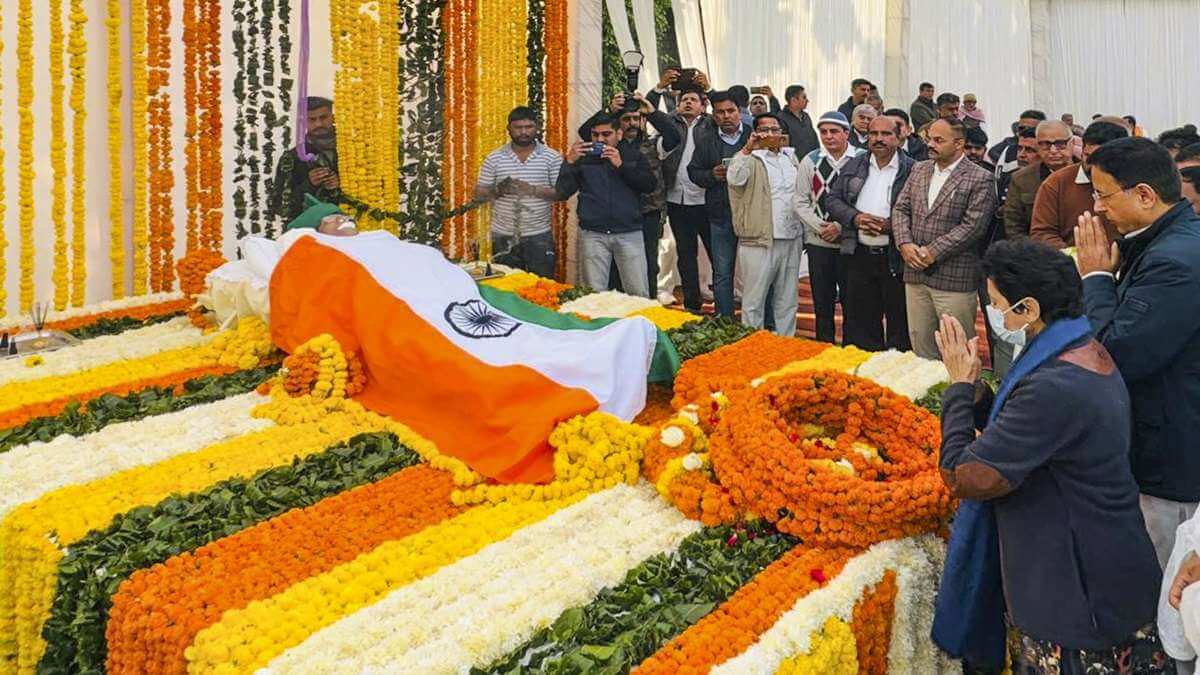
.jpg)
.jpg)
.jpg)
.jpg)
.jpg)
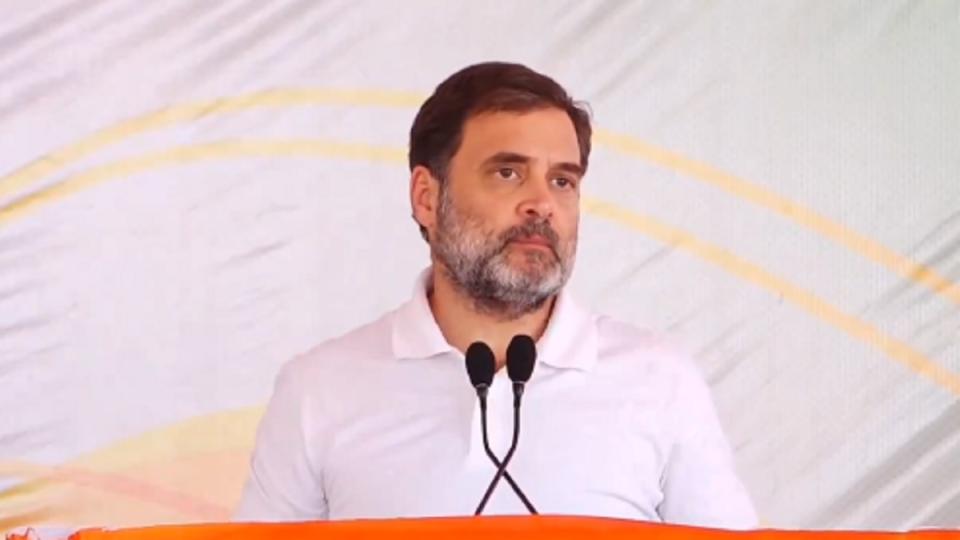
.jpg)

